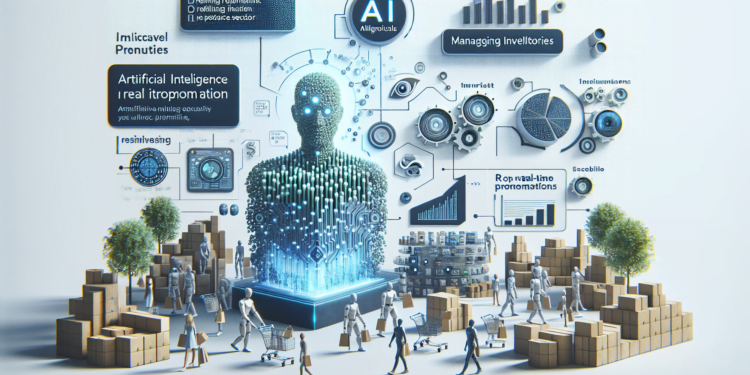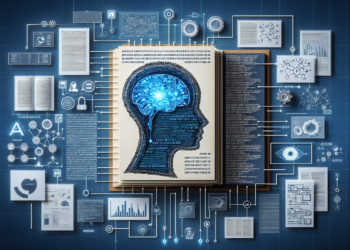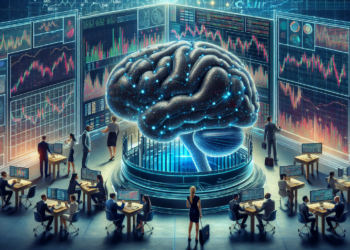Artificial intelligence (AI) is revolutionizing the retail industry by implementing systems that enable real-time optimization of promotions, efficient inventory management, and an enhanced shopping experience. This paradigm shift is based on technical advances that range from deep learning algorithms to big data analysis.
Deep Learning Algorithms and Hyper-Personalization of Promotions
With the introduction of Convolutional Neural Networks (CNN) and Recurrent Neural Networks (RNN), it has been possible to model complex purchasing patterns to suggest hyper-personalized promotions. These models can analyze a vast amount of data on buying behavior and identify trends and preferences. A notable case study is Amazon, which uses complex deep learning architectures for its recommendation system, significantly enhancing the effectiveness of its promotions and cross-selling strategies.
Optimization of Inventories Using Predictive Systems
Inventory management systems that use AI rely on predictive and prescriptive algorithms that go beyond traditional statistical analysis. By integrating techniques such as time series and reinforcement learning, these systems not only forecast future demand but also prescribe optimal actions for inventory management. As exemplified by Walmart, which has implemented an AI-based self-adjusting inventory system, thereby reducing both overstock and stock shortages.
Shopping Experience Enriched by Artificial Intelligence
In the realm of shopping experience, AI plays a transformative role in how consumers interact with brands. The use of chatbots powered by natural language processing (NLP) and machine learning enhances customer interaction by providing a 24/7 support service. An iconic case is Sephora, which has introduced a beauty bot that offers personalized advice, thus increasing customer satisfaction and loyalty.
AI and Predictive Analysis for Dynamic Pricing Management
Dynamic pricing, adjusted in real time by artificial intelligence algorithms, is grounded in the capability to analyze large volumes of data and complex variables. Using machine learning models, these algorithms consider not only the price elasticity of demand but also factors such as competitor behavior, weather, and market trends. The online travel giant, Expedia, employs AI-driven dynamic pricing techniques to adjust hotel and flight prices, optimizing their profit margins.
The Role of Computer Vision in Retail
Computer vision is another key component in this paradigm shift. Image recognition systems can track customer movements in a store, analyze facial expressions to measure satisfaction, and autonomously manage items on shelves. A notorious example is Amazon Go stores, where computer vision enables a completely automated shopping experience without the need to check out at a cash register.
Ethical and Privacy Challenges
While these technological advancements offer vast potential, ethical and privacy issues also arise. The collection and analysis of personal data must be carefully balanced with privacy norms and consumer expectations. Leading retail companies are investing in the development of ethical AI systems that protect users while refining their services.
AI: A Sustainable Competitive Advantage
In summary, artificial intelligence is providing retailers with tools that contribute to increased revenue and operational efficiency. Advances in AI and data analysis not only improve real-time decision-making but also help create personalized user experiences and optimize the value chain. This change is not merely incremental but disruptive, offering a sustainable competitive advantage to those who smartly adopt it.
As technology continues to advance, it is crucial for business leaders to stay informed about these developments and consider how artificial intelligence can be strategically integrated into their operations. Future innovations are geared towards more autonomous AI systems, capable of learning and adapting with greater agility to the changing needs of the market. It will be interesting to see how the intersection of AI and retail evolves and what new shopping experiences await consumers on the digital horizon.






















